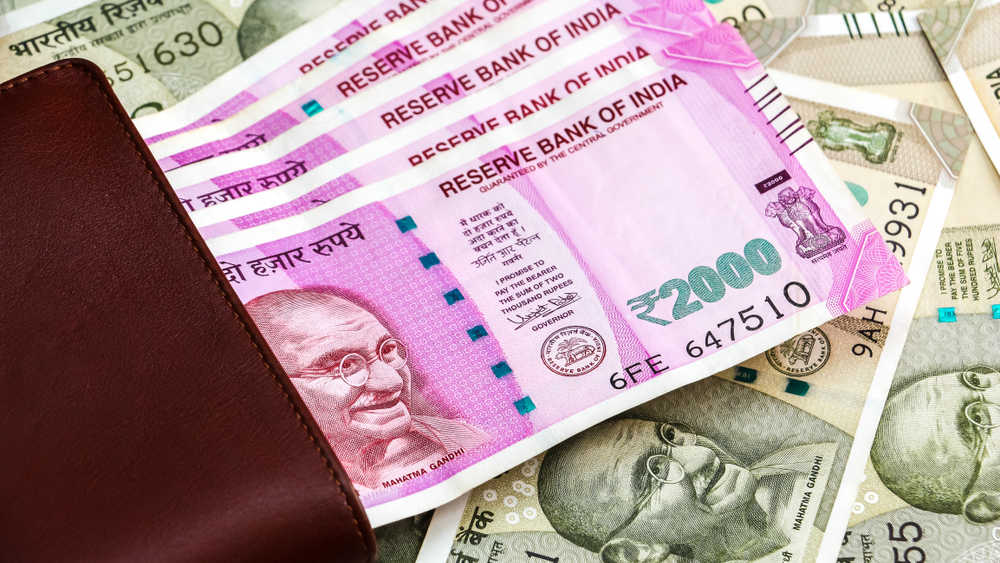The government has decided to tweak its emergency credit guarantee scheme to provide longer-term relief to a wider section of small business borrowers.
The extent of government support, however, remains restricted to the Rs 3 lakh crore in guarantees first promised under the scheme in May 2020.
In an announcement on Sunday, the government said the scheme will now cover up to Rs 2 crore in loans to hospitals, nursing homes, clinics to set up oxygen generation plants. The interest rate for these loans will be capped at 7.5 per cent.
The civil aviation sector is also now eligible to access loans under the scheme.
The tenure of loans already availed under the scheme has been extended to five years from four years earlier.
Those who have already availed loans under the scheme can get additional assistance of up to 10 per cent of outstanding dues as on February 29, 2020.
The scheme will be valid till September 2021 or till the guarantee amount of Rs 3 lakh crore is exhausted, said the government in a release.
Disbursements under the scheme are permitted till December 2021, it added.
Briefing the media about the scheme, Indian Banks’ Association chief executive officer (CEO) Sunil Mehta said lending institutions have sanctioned Rs 2.54 lakh crore so far and another Rs 45,000 crore room is available under the emergency credit line guarantee scheme (ECLGS).
The government has also removed the current ceiling of Rs 500 crore of loan outstanding for eligibility under the scheme. Borrowers will be able to avail themselves assistance limited to 40 per cent of the outstanding loan or Rs 200 crore, whichever is lower.
Bank loan recast
SBI chairman Dinesh Khara said in Mumbai on Sunday the public sector banks have formulated a template approach for restructuring loans to individuals and small businesses with an aggregate exposure of up to Rs 25 crore under Resolution Framework 2.0 which was announced by the RBI governor on May 5.
The PSU lenders have divided the loans into three categories — up to Rs 10 lakh, above Rs 10 lakh to Rs 10 crore, and above Rs 10 crore. In the first category, they will have a “standardised restructuring offer’’ to certain small businesses and MSMEs. For the remaining two categories, they will follow a “graded approach’’. Individual borrowers have the option of either visiting the branch or accessing a lender’s portal if they wish to recast their outstanding loans.
According to the RBI rules, after an application is received, banks will communicate to the borrower their decision within 30 days.
Further, the resolution plan should be finalised and implemented within 90 days from the date of its invocation under the window.
This was disclosed by top PSU bankers in Mumbai as they announced various support measures and the launch of new products to mitigate the hardships faced because of the second wave of the pandemic.
Among the new products that banks are coming up include unsecured loans for Covid treatment for self and family for a maximum period of five years. In the case of SBI, the lender will offer loans between Rs 25,000 and Rs 5 lakh at an interest rate of 8.5 per cent.










